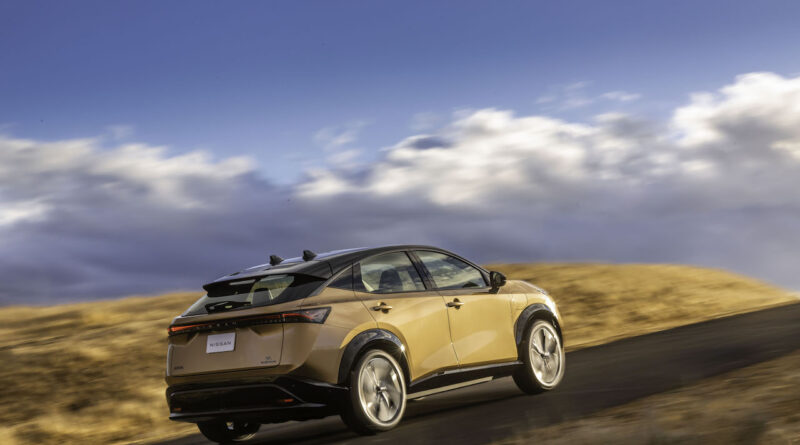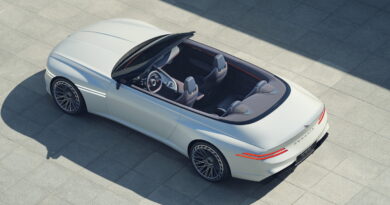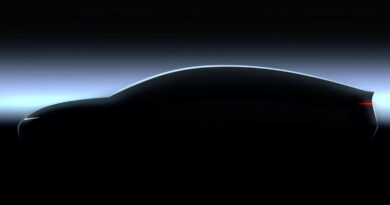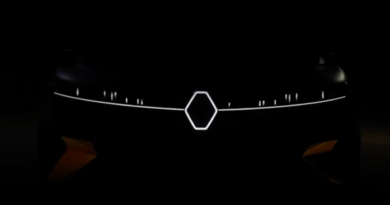Nissan Ariya EV SUV wait continues, 2023 at the earliest
The wait for the Nissan Ariya electric SUV continues and has stretched out to 2023 at the earliest.
The news comes as Nissan revealed it has experienced an unprecedented boom in EV interest off the back of record high fuel prices.
Speaking ahead of the arrival of four new models – including the Qashqai compact SUV that’s expected to debut e-Power hybrid tech locally – the company’s local managing director, Adam Paterson, said the Ariya mid-sized SUV was still a work in progress for Australia.
“It’d be a great car for market,” said Paterson, while explaining that global supply for the Tesla-fighting SUV was much less than the demand.
READ MORE: Nissan previews next Leaf, reveals $25b EV commitment
READ MORE: Nissan will bypass PHEV phase with e-Power hybrid tech
READ MORE: Nissan Patrol to shun hydrogen, focus on e-Power hybid
EV TECHNOLOGY: Nissan e-Power hybrid tech explained
“It’s being sourced to those markets that require,” he said, referencing countries that have stringent emissions regulations or EV sales targets that must be met.
“I don’t have a date when it’s going to be launched, I can tell you it’s not going to be 2022,” Paterson said of the Ariya.
As for the chances of the Ariya arriving in 2023, while nothing has been signed off, he said he hopes it can be achieved.
“The sooner the better,” he said, confirming the Ariya would be sold here “at some point, but what that point is I’m not able to put a stick in the sand”.
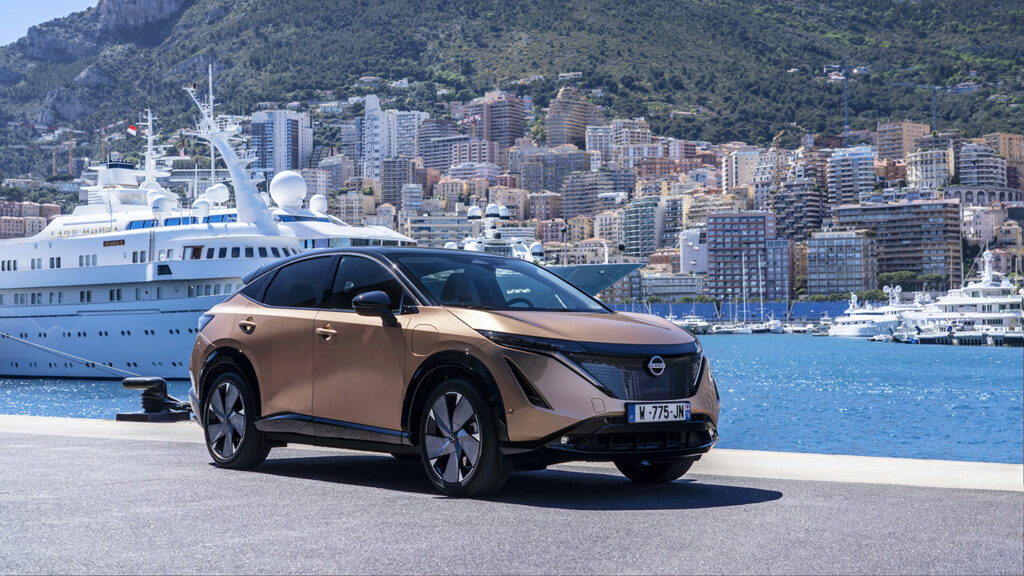
The one positive is that much of the regulatory box-ticking has already been done because Australian regulations closely align with those in Europe, where the Ariya is already heading.
Paterson also believes the growing interest and demand for EVs will continue, potentially unleashing more would-be buyers.
“It’s probably not a big one for sales if it was available today … but the importance of it from a volume perspective changes depending on when it arrives.”
While Nissan has been selling EVs in Australia for a decade with its Leaf, it’s never been a big seller. That’s in part because the Leaf is compromised by being based on the architecture of an internal combustion engine (ICE) car. The Ariya was created from the ground up as an EV, unleashing the space benefits and drivetrain efficiencies that come with that.
Nissan says recent fuel price volatility and increasing interest in EVs has more people interested in its Leaf, which is shortly receiving an update.
“There has been an increase in internet searches as well as customer enquiry/leads to our dealers for the all-electric Nissan Leaf, with these figures for the first half of March surpassing the average monthly results for the past six months.”
The Leaf is also the only battery electric vehicle available in Australia with bi-directional charging functionality.
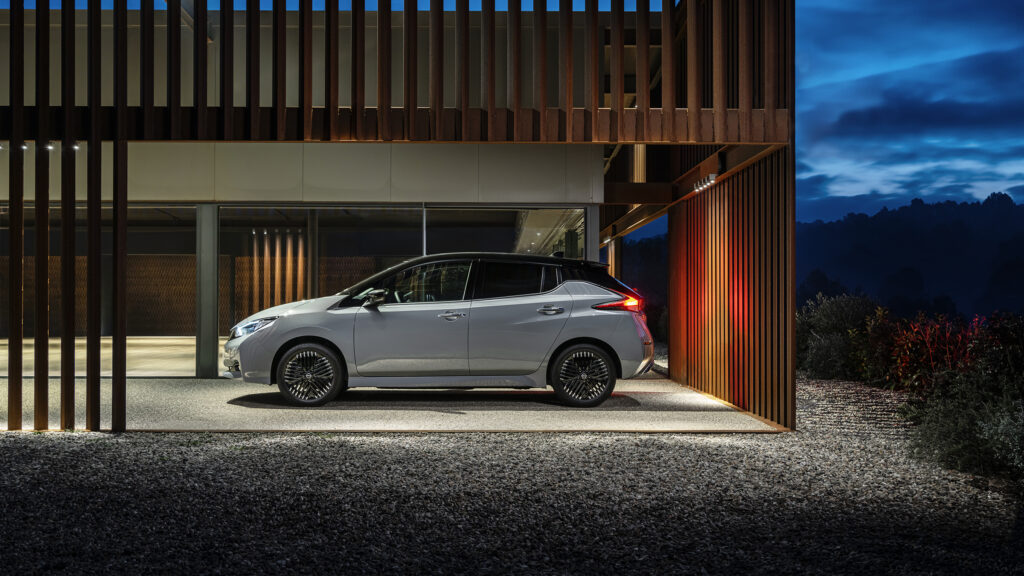
It means that it can feed electricity back into the grid or power a home via a special wallbox.
As well as the potential to reduce power bills – or even make money from your car – the so-called V2G or V2X charging can also reduce CO2 emissions.

